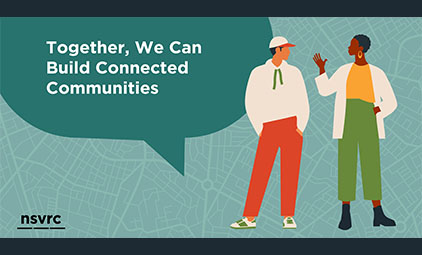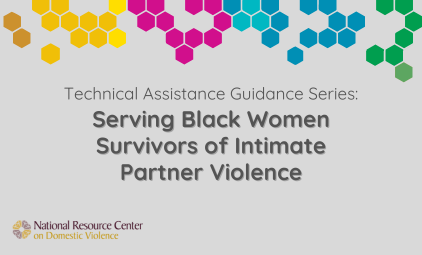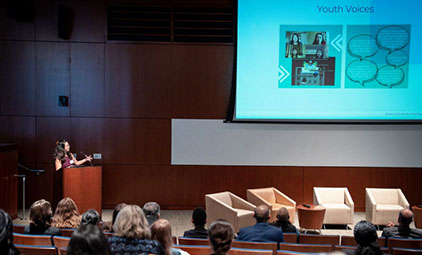Economic abuse by intimate partner is a form of domestic violence and includes a range of tactics used by an abuser to undermine the economic independence of a current or former intimate partner. Economic empowerment is an overarching theme that includes the following: 1) an increase in financial literacy or the knowledge and skills to make sound financial decisions and obtain resources; 2) an improvement in economic self-efficacy or the belief that one has the resources, options, and confidence to be successful; and 3) an enhancement in economic self-sufficiency or economic behaviors that demonstrate their economic self-efficacy or financial literacy regarding personal financial management (Gowdy & Pearlmutter, 1993; Perry & Morris, 2005; Vitt, et al., 2000). Often, the vehicle to promote economic empowerment centers on financial literacy programs.
Empirical information about the full extent of economic abuse, its short- and long-term impacts, and how best to structure economic empowerment approaches for domestic violence survivors is in its infancy. The available research on financial literacy programs with non-victim populations is limited since only changes in financial knowledge is measured but not changes in economic self-efficacy and financial management behaviors (Bernheim, Garrett, & Maki, 2001; Braunstein & Welch, 2002; DeVaney, Gorham, Bechman, & Haldeman, 1996; Johnson & Sherraden, 2007; Murphy, 2005; Perry & Morris, 2005; Zhan, Anderson, & Scott, 2006). Additionally, none of the financial literacy programs reviewed specifically addressed the unique challenges domestic violence survivors face when economic abuse or any safety concerns are not addressed.
Some domestic violence organizations include economic justice and financial literacy programs as part of their services. These programs contained similar components as other financial literacy programs; however, these programs go a step further by including information on economic abuse as well as addressing safety concerns for survivors of domestic violence. Examples of addressing complex financial and safety challenges include how to disentangle joint financial relationships with an abusive partner, how to repair credit damaged by an abuser, or how to identify resources to assist with financial and safety challenges.
The results of early studies suggest that financial literacy and economic empowerment programs are indeed effective in assisting survivors to improve their financial knowledge, increase their confidence about managing their financial affairs, and enhance financial behaviors that will improve their financial safety and security (Postmus & Plummer, 2010; Weaver, Sanders, Campbell, & Schnabel, 2009). While financial literacy programs targeting women and low-income populations have also been found to be successful, all such programs should incorporate information that is specifically targeted to the unique and complex safety concerns faced by domestic violence survivors. Additionally, best practices in empowerment theory suggest that financial literacy programs should be offered in conjunction with comprehensive advocacy services that assist survivors regain their level of confidence and support them to take actionable steps that improve their economic situation.
| Attachment | Size |
|---|---|
| Economic Empowerment of Domestic Violence Survivors | 540.72 KB |













